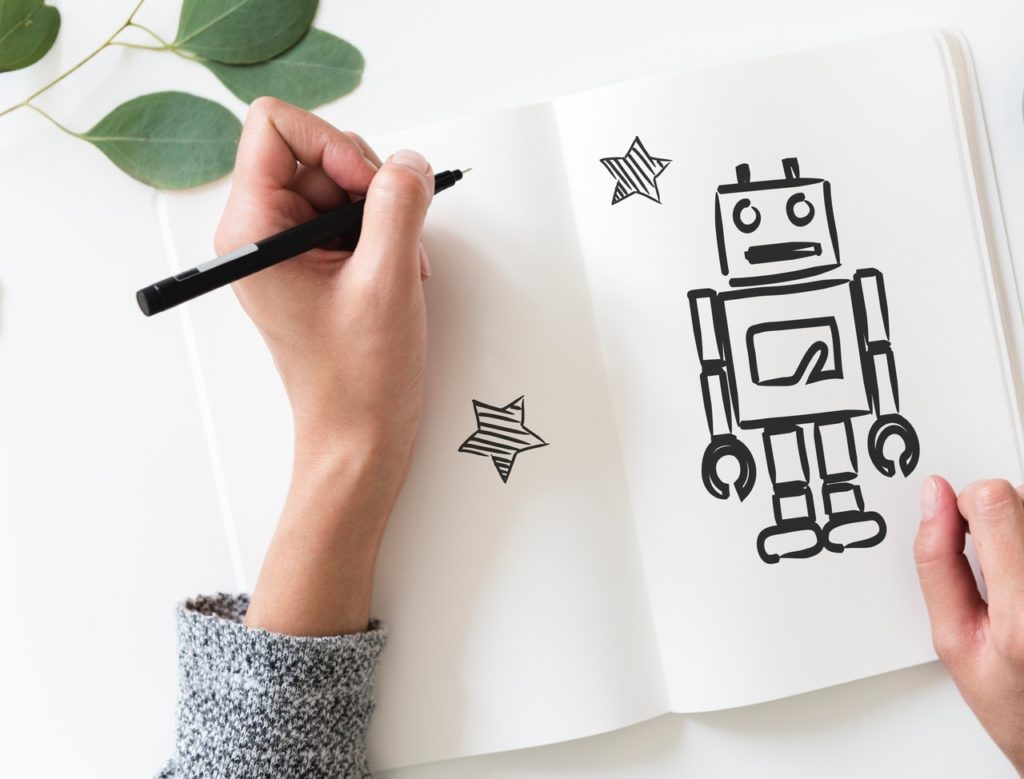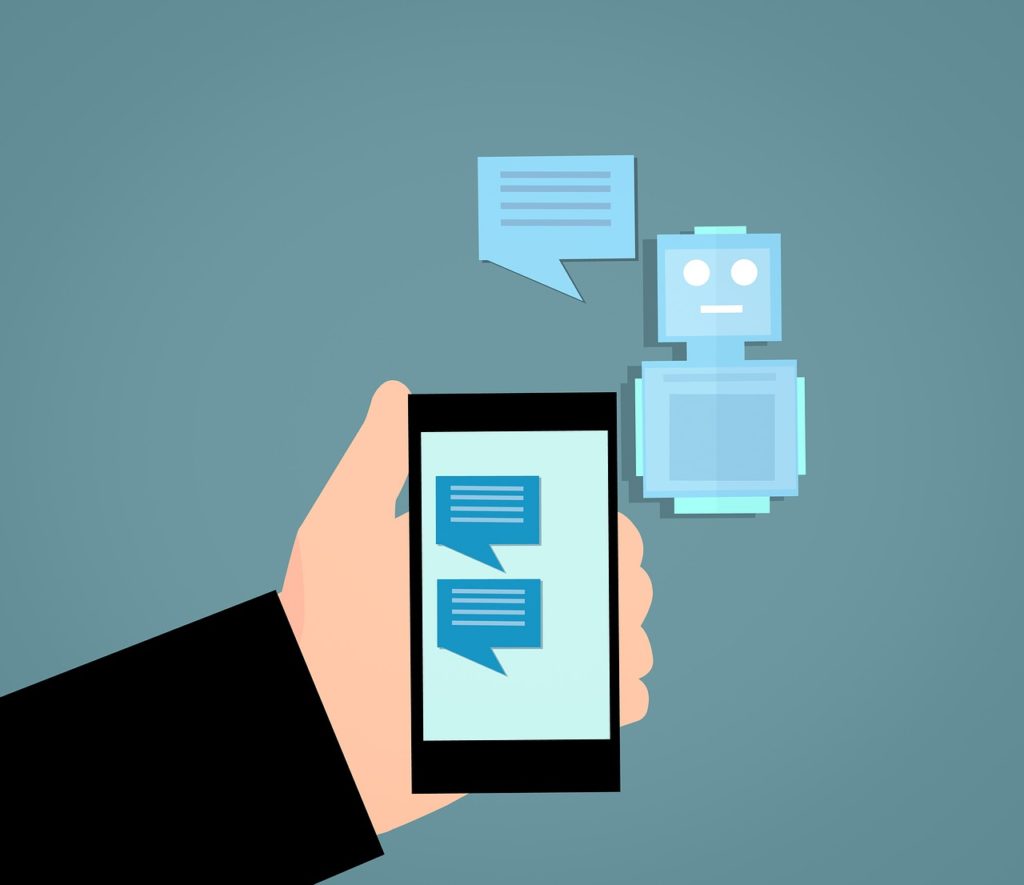
| Test your knowledge |
| |
In the past, when electronic circuits had not existed, people had had a hard time collecting data. All information was written down by hand. Analysts of that era can do nothing but derive conclusions from looking at kinds of notes and doing some simple computations themselves.
This changed when computers arrive. More complex operations can be done with the assists of software, data can be stored and queried effectively with types of database and information retrieval techniques. As data can be collected and retrieved in large amounts, and computer processors are faster, Machine Learning gradually emerges. Today, Machine Learning is playing an implicit but undeniable role in our daily life.
Below, I present some of the top ML’s applications that are around to enhance the satisfaction of our lives.
Language translation

Google Translate should be the best representative for this role.
At the time of writing (2019), Google Translate supports more than 100 languages. We can choose any pair of the hundred and have your text translated back and forth. Moreover, 37 languages can be translated via photo and 32 via voice, thanks to text-recognition of image and voice recognition techniques, which are also a part of ML.
Spam filtering

Email service providers today support automatic spam filtering. When you log-in to your email, you probably see a folder named Spam. Emails that are sent to you are scanned through by an intelligent system, which detects junk emails and puts them into the mentioned folder, so you don’t have to waste your time reading those.
Face recognition

I assume you have used, or heard, about using face-id to unlock smartphones. Machine learning, with the recent evolution of deep learning, is now capable of recognizing and identifying each person’s face. As Apple stated about their iPhone, its face-id system can effectively differentiate identical twins, and can also discriminate your real face from an image that contains your face, using a 3-D scan and depth-of-field calculation.
Personal Assistant and Chatbot

Siri, Alexa, Google Assistant are the most famous names for virtual personal assistants. You probably tried them sometimes. A virtual assistant analyzes your input voice message to understand what you are talking about, execute your command (if you ask it to do something) or answer your question (if you question it). The Chatbot is a simplified version of the virtual assistant, it can only receive your input as a text and then answer also in the form of text. Chatbots are designed to focus on a narrower context. For example, a chatbot of a retailer only knows the information related to that retailer, including selling products, time of opening and closing, etc.
Recommendation system


Recommendation systems help to show relevant ads to each individual. You can see an example in the above images. When I get to Imdb.com and search for the movie “The Theory of Everything”, the site shows suggestions about similar films, like “The Imitation Game” or “Life of Pi”. If you are not a fan of movies, you may run across recommendation systems when browsing your groceries online, many products will be shown on a recommended list, depending on which products you have clicked on and which are in your cart. Strictly speaking, recommendation systems do not fall in the branch of Machine Learning as it is a type of Information Retrieval. However, Machine Learning still plays a good part in the development of current Recommendation systems.
Social media services

Social media, where many people actively interact daily or even hourly, is an excellent source for collecting data. Furthermore, as this data is huge, machine learning systems have the opportunity to thrive. Many social networking sites (e.g. Facebook) have News Feed feature, which shows you the content that they think is most suited with your interests – a machine learning algorithm ranks the news and decides what to show you in your News Feed board. Facebook also suggests who you may consider adding to your friend list, which group or page you may like to join, etc. And don’t forget the Image tagging function, you just upload an image and Facebook automatically tag all your friends who appear in that image for you.
Healthcare services

ML is applied in medical and healthcare services more than ever. I do not know much about the systems they have in the hospital, but there are already many applications of ML in our daily life, dedicated to healthcare. If you have a smartwatch or smart band (from Apply, Samsung, Fitbit, Garmin or Xiaomi, etc.), you should have tested how it measures your steps or distance traveled. Apple seems to really care about how its products can help users with their health. In the iPhones, there is a pre-integrated Health app to calculate some basic measurements of your activities. Furthermore, Apple Watch generously provides a wide range of caring functions, including heart rate calculation, irregular rhythm, fall detection, and even high glucose alert.
Self-driving car

Imagine a life where your cars can automatically move and choose the best route to get you to your destination!
Tesla and Uber are the most famous names who focus on teaching cars to drive by themselves. Nevertheless, this industry is not ready now. In fact, there are still concerns about the strength of machine learning in recognizing objects – cars can get crashed if they fail to discriminate between a straight road and a wall, or fail to recognize a person crossing the street. Another worry is about security: what if someone can hack into your car and drive it to wherever he wants? The self-driving cars are still in development, but we have made many advances. Tesla and Uber have put their prototyping cars on the street for trial purposes and the result is not so bad.
To sum up,
The field of Artificial Intelligence has made an amazing breakthrough with Machine Learning, and it is still going up at high speed. Although ML can already help make our lives easier, there are still limitations that the current technology cannot surpass. Hence, a much wider horizon for applications of ML is still out of our reach, waiting for humans to explore.